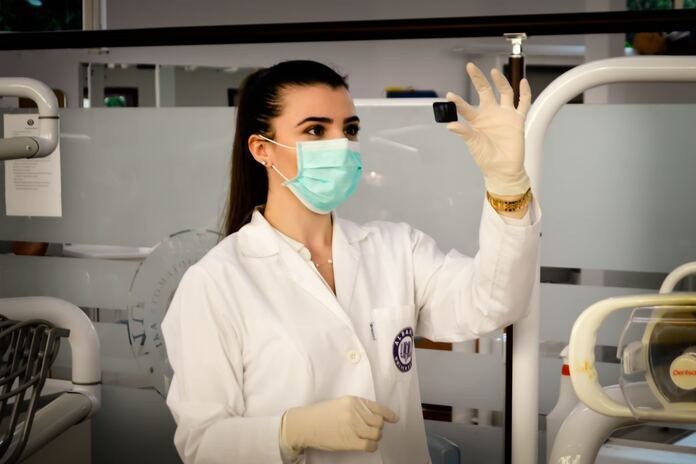Universal Health Services, Inc. (NYSE:UHS) has revealed a robust third-quarter performance, with its earnings surpassing expectations, driven by the expansion of its patient base in acute care and behavioral healthcare facilities. The company also experienced an increase in same-facility-adjusted patient days, contributing positively to its results, albeit offset by higher expenses related to salaries, wages, and benefits.
In the third quarter of 2023, UHS reported adjusted earnings per share (EPS) of $2.55, exceeding the Zacks Consensus Estimate by 9%. This represents a one-cent increase from the previous year.
The net revenues for the quarter reached $3.6 billion, up from $3.3 billion in the same period the previous year, surpassing the consensus estimate by 0.9%.
Operational Update for Q3
Adjusted EBITDA net of NCI experienced a 1.5% year-over-year decline, amounting to $421.5 million in the third quarter, though it exceeded the estimated value of $407.3 million. Total operating costs for the quarter reached $3.3 billion, reflecting a 7.1% increase from the previous year. This increase was attributed to higher expenditures in salaries, wages, benefits, other operating costs, supplies, and lease and rental expenses.
Segmental Performance
Acute Care Hospital Services: Adjusted admissions grew by 6.8% year over year on a same-facility basis in the third quarter. Adjusted patient days also increased by 3.8% year over year, with net revenues from Universal Health’s acute care services improving by 7.5% year over year on a same-facility basis.
Behavioral Health Care Services: Adjusted admissions grew by 0.8% year over year on a same-facility basis during the quarter, slightly lower than the estimated 0.9% growth. Meanwhile, adjusted patient days increased by 1.1% year over year, surpassing the estimated 1% growth. On a same-facility basis, net revenues derived from the behavioral healthcare services of UHS increased by 7.6% year over year.
Financial Update as of September 30, 2023
As of the end of the third quarter, UHS had cash and cash equivalents of $80.8 million, a decrease from the $102.8 million held at the end of 2022. The company had an available borrowing capacity of $721 million under its $1.2 billion revolving credit facility, net of outstanding borrowings and letters of credit.
Total assets increased to $13.9 billion, up from the figure of $13.5 billion at the end of 2022. Long-term debt amounted to $4.8 billion, an increase from the figure of $4.7 billion at the end of 2022, with current maturities of long-term debt totaling $126.6 million. Total equity also increased from $6 billion at the end of 2022 to $6.1 billion.
For the first nine months of 2023, UHS generated cash flows from operations of $815.4 million, reflecting growth from the same period the previous year, driven by favorable developments in other working capital accounts.
Share Repurchase and 2023 Guidance
During the third quarter, Universal Health Services repurchased shares worth approximately $175.1 million, leaving a repurchase capacity of around $580 million as of September 30, 2023.
In terms of guidance for the year 2023, UHS management previously forecasted net revenues to be in the range of $14,130 million to $14,330 million, indicating a 6.2% growth from the 2022 figure. Adjusted EBITDA, net of NCI, was estimated to be between $1,696 million and $1,756 million, suggesting a 3.9% improvement from the 2022 figure. UHS also projected adjusted EPS in the range of $9.85 to $10.50, with the midpoint of the forecast indicating a 3% rise from the 2022 figure. Depreciation and amortization were anticipated at $584.7 million, while interest expenses were estimated at around $199 million. Capital expenditures for 2023 were expected to fall from $725 million to $875 million.
Featured Image: Freepik















